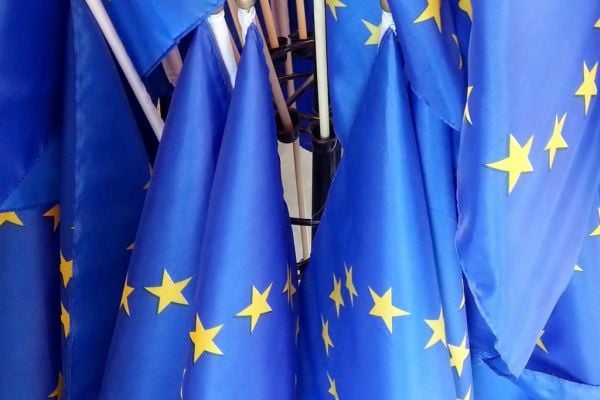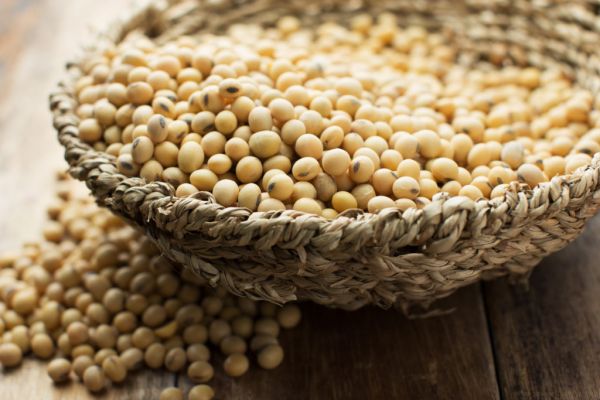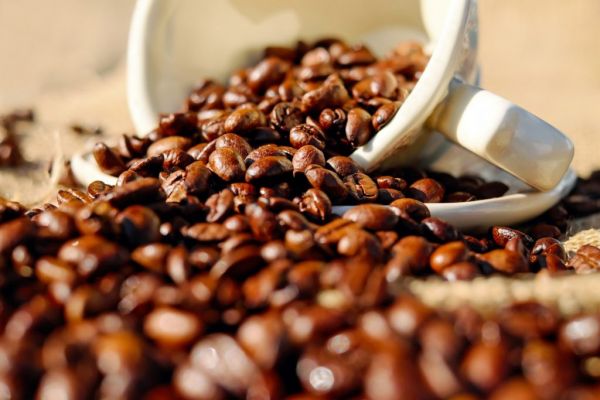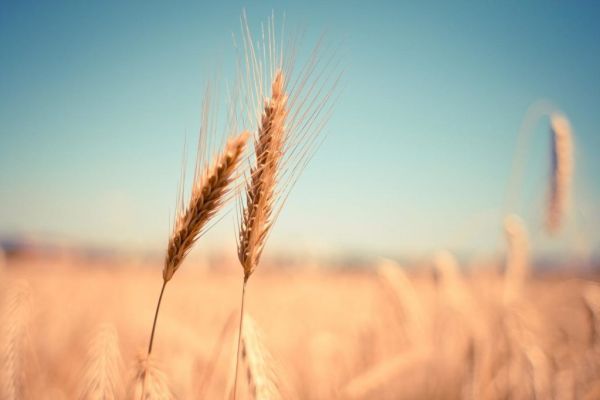The US, the world’s biggest beef consumer, is lifting a ban on imports from Ireland more than 15 years after mad cow disease spurred restrictions of supplies from Europe.
Ireland’s Agriculture Ministry said it’s the first European Union country to regain access to the US market, which buys more beef than any other country, according to an online statement yesterday. The nation is the EU’s sixth-biggest beef producer and ranks third for exports, data from statistics agency Eurostat show.
US beef prices rose to a record last year after years of drought and rising feed prices left the size of the cattle herd at the smallest since 1951, according to the US Department of Agriculture. Tight supplies have pushed prices “significantly higher” than those in the EU, making Irish beef competitive in the North American market, Agriculture Minister Simon Coveney said in an interview on RTE Radio 1.
“This US market is a huge prize, given the size of the market and the demand we know exists there for premium grass-fed beef,” Coveney said in the ministry’s statement. “We now have first-mover advantage as a result of being the first EU member state to gain entry.”
US Imports
The US imported about £2.4 billion (1.09 billion kilograms) of beef and veal in the first 10 months of 2014, about 25 per cent more than the same period the prior year, according to the USDA. Australia was the biggest supplier, followed by New Zealand and Canada.
Ireland’s beef exports to the US may total at least €50 million ($59.6 million) to €100 million this year, with the potential for shipments “to go way beyond that” in the future, Coveney told RTE Radio. Irish slaughterhouses produced 517,840 metric tons of beef in 2013, about 7.1 per cent of the total in the EU, according to the most recent Eurostat figures.
The UK may regain access to the US market later this year, according to a spokesman at the Department for Environment, Food & Rural Affairs who asked not to be identified because of office policy. US inspectors will probably check British plants in the next few months, he said.
Bovine spongiform encephalopathy, also known as BSE or mad cow disease, is a transmissible brain disease that is fatal for cattle. Eating meat from BSE-infected animals has been tied to Creutzfeldt-Jakob disease, an incurable human illness that destroys brain tissue.
More than 185,000 BSE cases in cattle were confirmed in the EU during the epidemic in the 1980s and 1990s. Cases were also found in US herds in 2003, prompting countries including Japan and South Korea to halt imports, and in 2012.
Bloomberg News, edited by ESM













